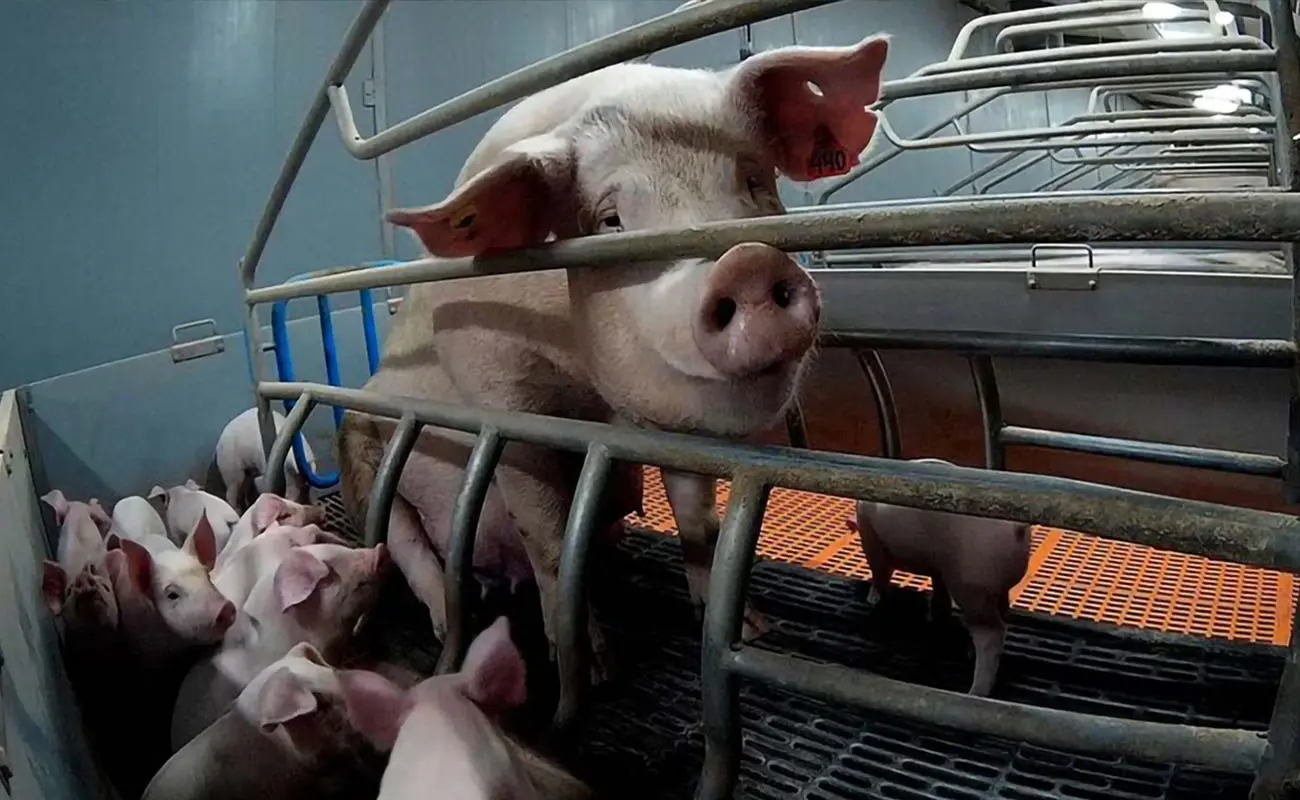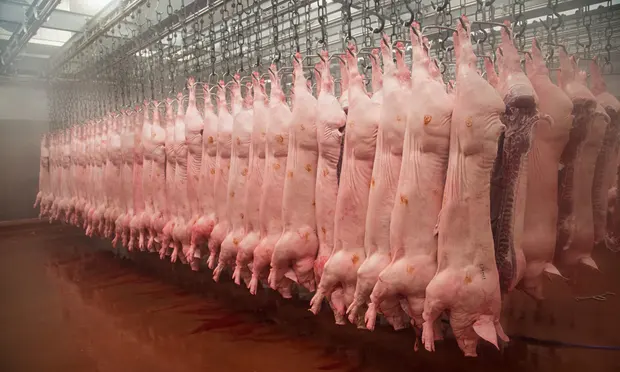Factory farming practices subject billions of animals to highly industrialized conditions, prioritizing efficiency and profit over welfare. Cattle, pigs, poultry, and other farmed animals are often confined in cramped spaces, deprived of natural behaviors, and subjected to intensive feeding regimens and rapid growth protocols. These conditions frequently lead to physical injuries, chronic stress, and a range of health problems, illustrating the profound ethical concerns inherent in industrial agriculture.
Beyond animal suffering, factory farming has serious environmental and societal repercussions. High-density livestock operations contribute significantly to water contamination, air pollution, and greenhouse gas emissions, while also straining natural resources and impacting rural communities. The routine use of antibiotics to prevent disease in overcrowded conditions raises further public health challenges, including antibiotic resistance.
Addressing the harms of factory farming practices requires systemic reform, informed policy-making, and conscious consumer choices. Policy interventions, corporate accountability, and consumer choices—such as supporting regenerative farming or plant-based alternatives—can mitigate the harms associated with industrialized animal agriculture. Recognizing the realities of factory farming practices is a crucial step toward building a more humane, sustainable, and responsible food system for both animals and humans.
In an age where ethical consumption is increasingly prioritized, uncovering the harsh truths of animal cruelty in factory farms has never been more crucial. Hidden behind the fortified walls of agribusiness, these facilities perpetuate immense suffering to meet our relentless demand for meat, eggs, and dairy. This article dives deep into the grim reality of factory farming, exposing the veil of secrecy that shrouds these operations. From the implementation of ag-gag laws that stifle whistleblowers to the prioritization of profit over animal welfare, we reveal the unsettling practices that define this industry. Through compelling evidence, personal stories, and a spotlight on environmental impacts, we aim to illuminate the urgent need for change. Join us as we explore the dark underbelly of factory farming and discover how advocacy, conscious consumerism, and legislative action can pave the way for a more compassionate and sustainable future
























































